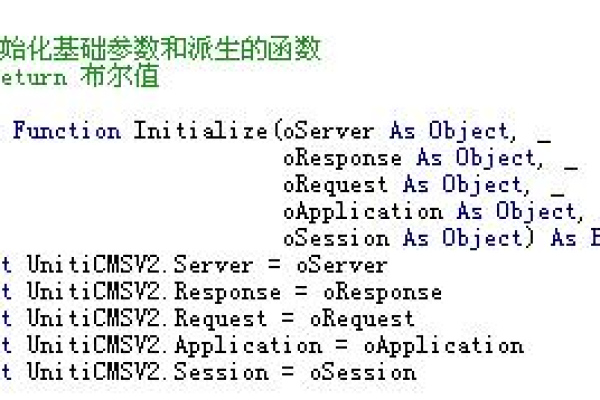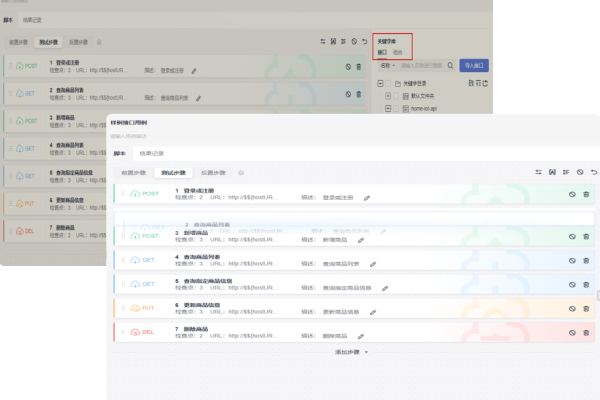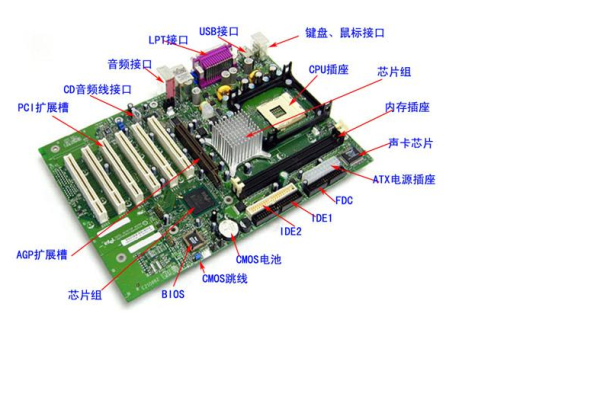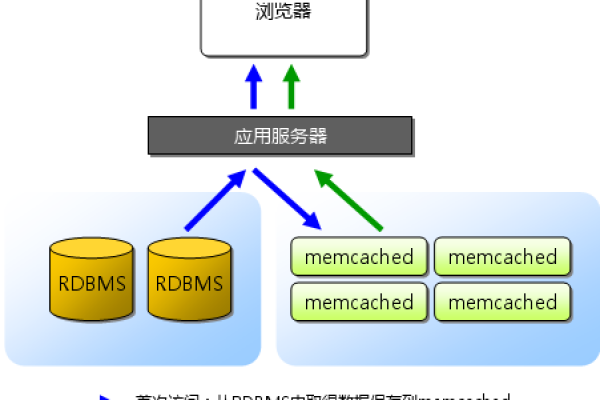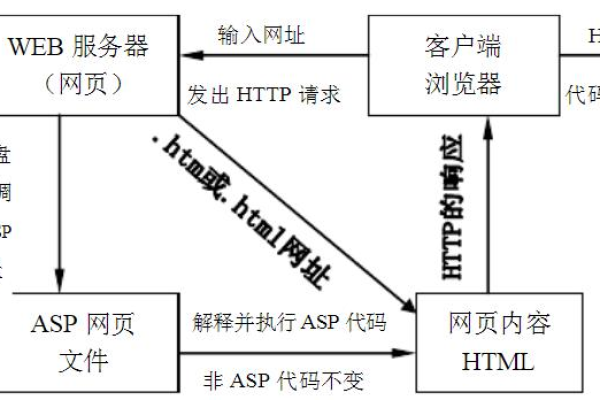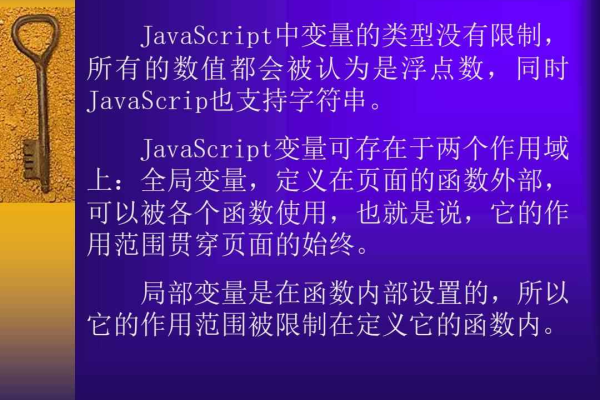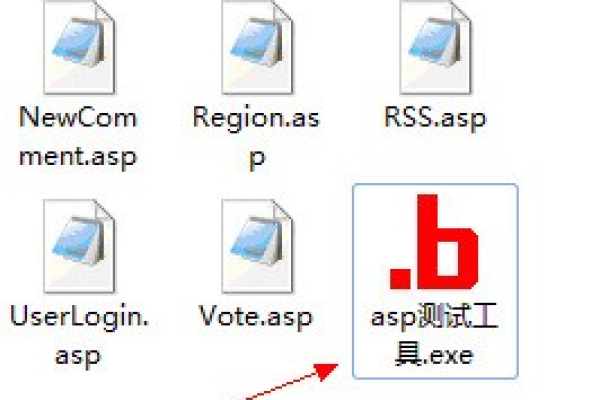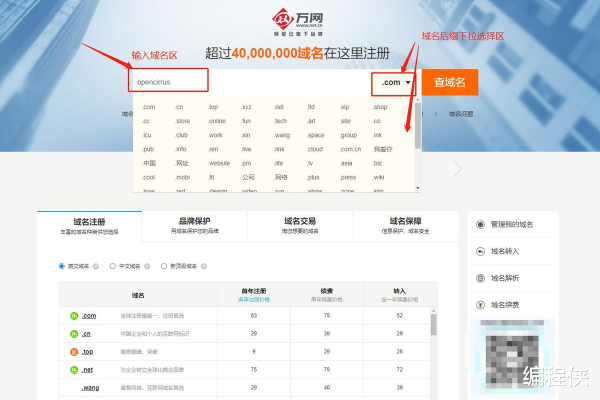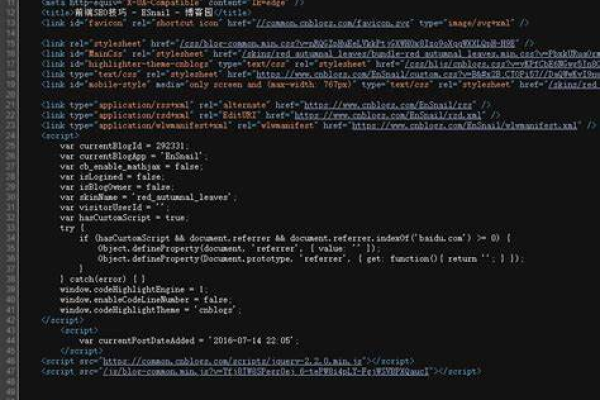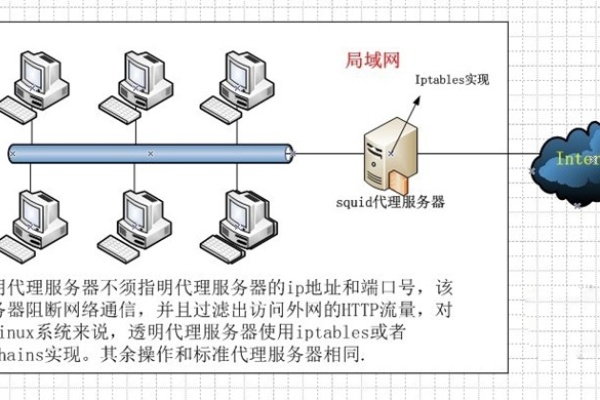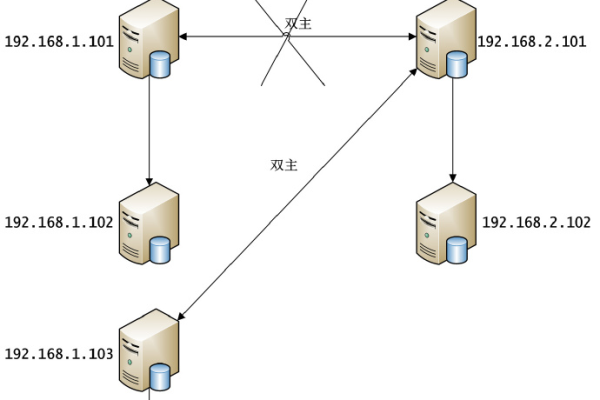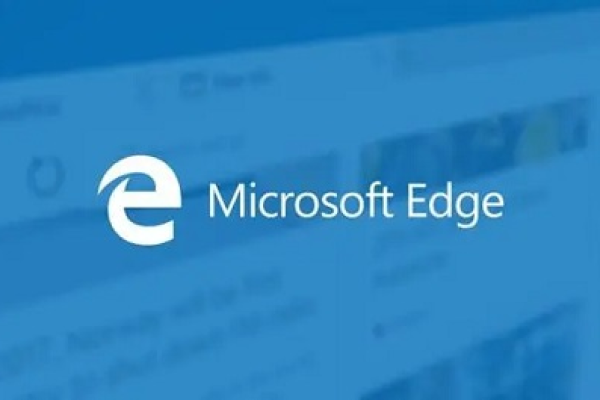如何在ASP中调用外部接口?
- 行业动态
- 2024-11-24
- 3702
在asp中调用外部接口,可以使用 xmlhttp'对象发送http请求。,,` asp,set xmlhttp = createobject("msxml2.xmlhttp"),xmlhttp.open "get", "http://api.example.com/data", false,xmlhttp.send,response.write xmlhttp.responsetext,“
在现代Web开发中,调用外部接口是常见的需求,ASP.NET(Active Server Pages)作为一种流行的服务器端脚本技术,提供了丰富的功能来与外部API进行交互,本文将详细介绍如何在ASP.NET中调用外部接口,包括配置、实现以及处理响应数据的方法。
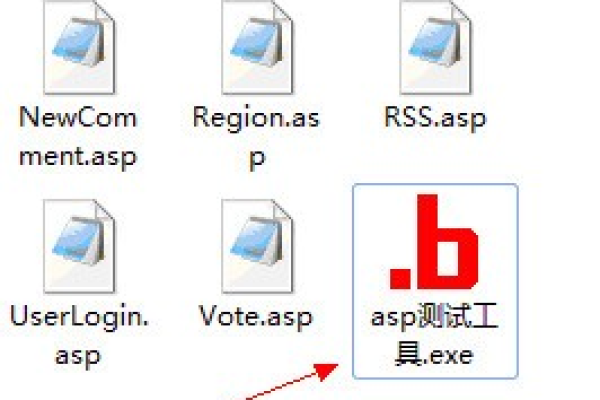
一、准备工作
在开始之前,我们需要确保以下几点:
1、安装必要的工具:确保你已经安装了Visual Studio和.NET框架。
2、创建项目:在Visual Studio中创建一个新的ASP.NET Web应用程序项目。
3、获取外部接口文档:了解你要调用的外部接口的URL、请求方法(GET, POST等)、参数格式以及响应结构。
二、使用HttpClient调用外部接口
HttpClient是.NET提供的一个用于发送HTTP请求的强大工具,下面是一个简单的示例,演示如何使用HttpClient调用一个外部接口。
1. 引入命名空间
在你的代码文件顶部引入必要的命名空间:
using System; using System.Net.Http; using System.Threading.Tasks; using Newtonsoft.Json; // 如果需要处理JSON数据
2. 创建HttpClient实例
在ASP.NET中,建议将HttpClient实例化为静态字段以重用,因为每次创建新的实例都会消耗资源。
public class ExternalApiService
{
private static readonly HttpClient client = new HttpClient();
// 其他方法...
}3. 编写方法调用外部接口
假设我们要调用一个返回JSON数据的GET接口,以下是具体实现:
public async Task<string> CallExternalApiAsync(string url)
{
try
{
HttpResponseMessage response = await client.GetAsync(url);
response.EnsureSuccessStatusCode(); // 确保请求成功
// 读取响应内容
string responseBody = await response.Content.ReadAsStringAsync();
return responseBody;
}
catch (HttpRequestException e)
{
// 处理异常
Console.WriteLine($"Request error: {e.Message}");
return null;
}
}4. 调用方法并处理响应
你可以在控制器或其他业务逻辑中使用这个方法:
public async Task<ActionResult> Index()
{
string apiUrl = "https://api.example.com/data";
string responseData = await externalApiService.CallExternalApiAsync(apiUrl);
// 如果需要处理JSON数据,可以使用JsonConvert.DeserializeObject<T>()方法
var data = JsonConvert.DeserializeObject<YourModel>(responseData);
return View(data);
}三、使用WebClient调用外部接口
虽然HttpClient是推荐的方式,但在某些情况下你可能需要使用WebClient,以下是使用WebClient调用外部接口的示例。
1. 引入命名空间
using System.Net;
2. 编写方法调用外部接口
public string CallExternalApi(string url)
{
try
{
using (WebClient client = new WebClient())
{
string responseData = client.DownloadString(url);
return responseData;
}
}
catch (WebException e)
{
// 处理异常
Console.WriteLine($"Request error: {e.Message}");
return null;
}
}3. 调用方法并处理响应
public ActionResult Index()
{
string apiUrl = "https://api.example.com/data";
string responseData = externalApiService.CallExternalApi(apiUrl);
// 如果需要处理JSON数据,可以使用JsonConvert.DeserializeObject<T>()方法
var data = JsonConvert.DeserializeObject<YourModel>(responseData);
return View(data);
}四、处理POST请求
如果外部接口需要POST请求,我们可以使用以下方法:
使用HttpClient发送POST请求
public async Task<string> PostExternalApiAsync(string url, object content)
{
try
{
string jsonContent = JsonConvert.SerializeObject(content);
StringContent contentPost = new StringContent(jsonContent, Encoding.UTF8, "application/json");
HttpResponseMessage response = await client.PostAsync(url, contentPost);
response.EnsureSuccessStatusCode(); // 确保请求成功
// 读取响应内容
string responseBody = await response.Content.ReadAsStringAsync();
return responseBody;
}
catch (HttpRequestException e)
{
// 处理异常
Console.WriteLine($"Request error: {e.Message}");
return null;
}
}使用WebClient发送POST请求
public string PostExternalApi(string url, object content)
{
try
{
string jsonContent = JsonConvert.SerializeObject(content);
byte[] responseBytes = client.UploadData(url, "POST", Encoding.UTF8.GetBytes(jsonContent));
string responseBody = Encoding.UTF8.GetString(responseBytes);
return responseBody;
}
catch (WebException e)
{
// 处理异常
Console.WriteLine($"Request error: {e.Message}");
return null;
}
}五、处理响应数据
无论是GET还是POST请求,响应数据通常需要进一步处理,以下是几种常见的处理方法:
1. JSON数据处理
使用JsonConvert.DeserializeObject<T>()方法将JSON字符串转换为C#对象。
public class YourModel
{
public int Id { get; set; }
public string Name { get; set; }
// 其他属性...
}
// 调用方法并处理响应数据
string responseData = await externalApiService.CallExternalApiAsync(apiUrl);
YourModel data = JsonConvert.DeserializeObject<YourModel>(responseData);2. XML数据处理
如果你的接口返回的是XML数据,可以使用XDocument或XmlSerializer进行处理。
using System.Xml;
using System.Xml.Serialization;
public class YourModel
{
[XmlElement("Id")]
public int Id { get; set; }
[XmlElement("Name")]
public string Name { get; set; }
// 其他属性...
}
// 调用方法并处理响应数据
XDocument doc = XDocument.Parse(responseData);
XmlSerializer serializer = new XmlSerializer(typeof(YourModel));
using (var reader = doc.CreateReader())
{
YourModel data = (YourModel)serializer.Deserialize(reader);
}六、错误处理和重试机制
在实际开发中,网络请求可能会失败,因此添加错误处理和重试机制是非常重要的,以下是一个简单的重试机制示例:
public async Task<string> RetryableCallExternalApiAsync(string url, int retryCount = 3)
{
int attempt = 0;
while (attempt < retryCount)
{
try
{
HttpResponseMessage response = await client.GetAsync(url);
response.EnsureSuccessStatusCode(); // 确保请求成功
string responseBody = await response.Content.ReadAsStringAsync();
return responseBody;
}
catch (HttpRequestException e) when (attempt < retryCount 1)
{
attempt++;
Console.WriteLine($"Retry {attempt}: Request error: {e.Message}");
await Task.Delay(1000); // 等待一秒后重试
}
}
return null; // 如果所有重试都失败,返回null或抛出异常
}通过以上步骤,你可以在ASP.NET中轻松调用外部接口,并根据需要处理不同类型的响应数据,无论是GET还是POST请求,都有相应的实现方法,添加错误处理和重试机制可以提高系统的健壮性和可靠性,希望这篇文章对你有所帮助!
小伙伴们,上文介绍了“asp 调用外部接口”的内容,你了解清楚吗?希望对你有所帮助,任何问题可以给我留言,让我们下期再见吧。
本站发布或转载的文章及图片均来自网络,其原创性以及文中表达的观点和判断不代表本站,有问题联系侵删!
本文链接:http://www.xixizhuji.com/fuzhu/347959.html
